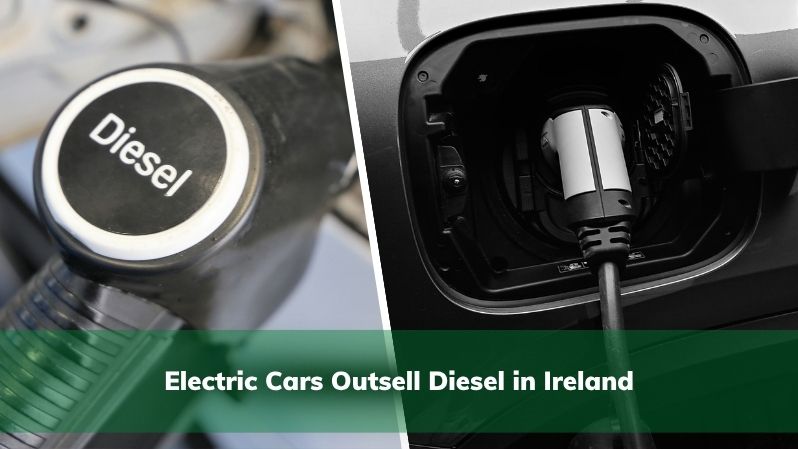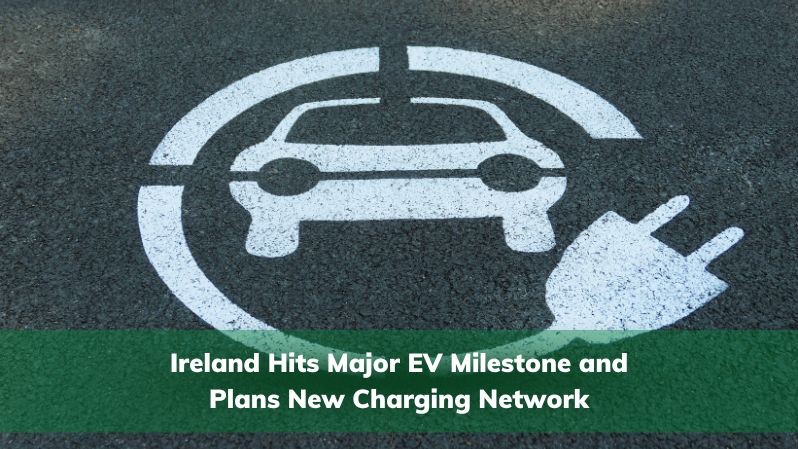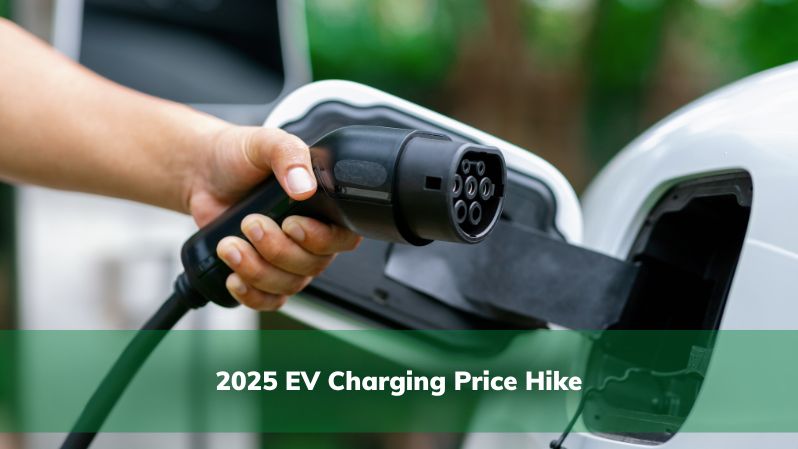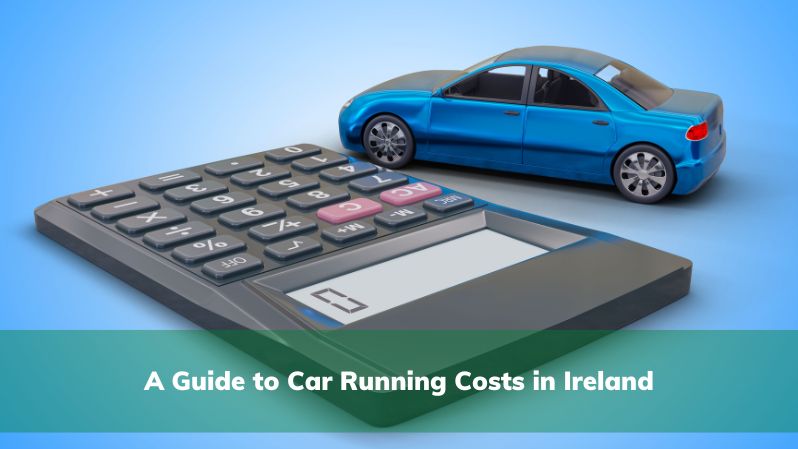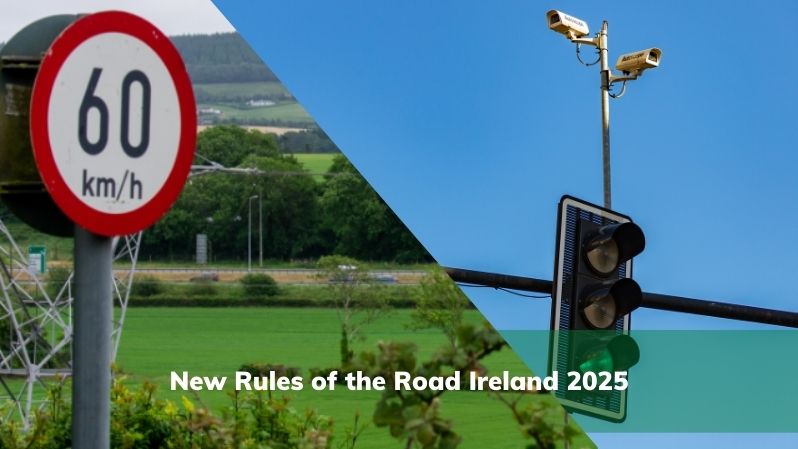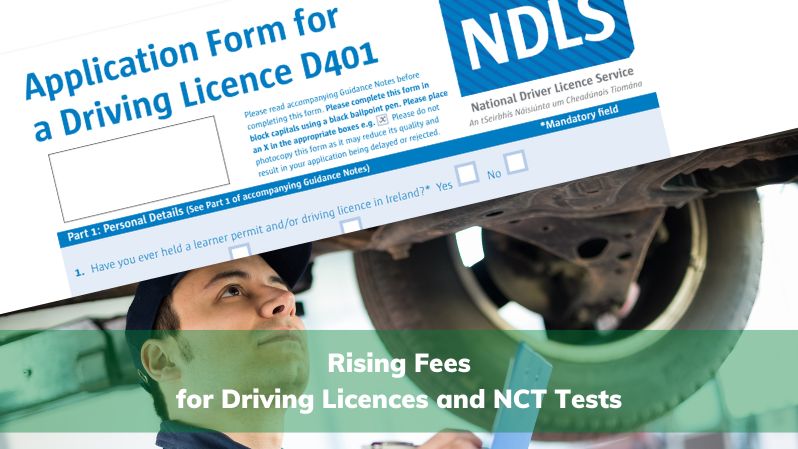Electric cars have officially passed diesel in new car sales in Ireland for 2025. For anyone thinking about buying an EV -or already driving one- this is a big milestone. It’s not just about greener driving; it also affects running costs, planning trips, and EV insurance. Knowing what to expect can help you get the most out of your EV.
Why More People Are Choosing Electric
Data from the Society of the Irish Motor Industry (SIMI) shows EVs now make up 17.8% of new car sales, slightly ahead of diesel at 17.3% (independent.ie).
So why the switch? For many, it’s about cost. Electric cars generally have lower running costs than diesel or petrol vehicles. Electricity is cheaper than fuel, and EVs need fewer parts serviced or replaced. They’re also quieter, smoother to drive, and increasingly practical thanks to more charging stations appearing across the country.
Government incentives also play a big role. Grants for new EVs, home charger rebates, and vehicle registration tax (VRT) relief make the upfront cost more manageable. These supports help more people take the plunge, especially first-time EV buyers.
How This Affects Insurance
If you’re moving to electric, it’s important to think about insurance. EV insurance is a little different from standard car cover. It can include protection for the battery, charging equipment, and specialised repair services. While some policies cost a bit more upfront, they help cover the unique parts and services an electric car needs.
For anyone buying a used EV, insurance can also be influenced by the car’s age, battery health, and the availability of repairs. Comparing policies ensures you get the right cover without paying for extras you don’t need.
Practical Tips for Current and Prospective EV Owners
Switching to electric isn’t just about the car itself. There are some practical things to keep in mind:
- Charging: Plan your routes and know where public chargers are located. Apps and online maps make this easy. Mixing home charging with public stops keeps costs down.
- Maintenance: EVs need less frequent servicing than petrol or diesel cars, but it’s important to know what’s covered by your policy. Batteries, brakes, and electronics require specialist care.
- Insurance: Make sure your insurance policy is up to date and covers all your needs. Some insurers offer add-ons for charging equipment and roadside assistance specifically for electric vehicles.
- Resale Value: As more EVs hit the market, resale values are becoming more stable, especially for popular models. Keeping up with service records and battery health helps maintain value.
What the Rise of EVs Means for Drivers
The fact that electric cars now outsell diesel shows that Ireland is shifting toward greener, more sustainable transport. It’s an exciting time for drivers, but it also means thinking ahead. Running costs, charging, insurance, and route planning are all part of the EV experience.
For families, commuters, and anyone who drives regularly, it’s worth weighing how an EV fits your lifestyle. With more infrastructure to come and government supports continuing, owning an EV is becoming simpler and more practical every year.
Get the Right Cover for Your EV
If you’re planning to get an electric car -or already have one- make sure your insurance matches your needs. We offer electric car insurance that’s simple, clear, and designed for EVs. From coverage for the battery to protection for charging equipment, we make sure you’re fully covered without overpaying.
Get a quote today and enjoy the benefits of driving electric with confidence.

